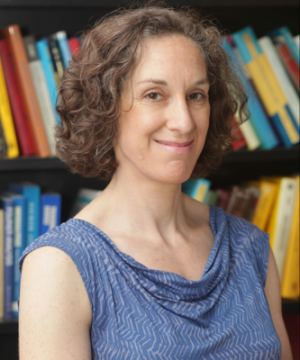
Abstract: Anderson acceleration (AA) is a popular extrapolation technique used to accelerate the convergence of fixed-point iterations. It requires the storage of a (usually) small number of solution and update vectors, and the solution of an optimization problem that is generally posed as least-squares and solved efficiently by a thin quick response code decomposition. First developed in 1965 in the context of integral equations, this method has recently been increasing in popularity as a Jacobian-free approach to converging to discrete nonlinear partial differential equation (PDE) solutions, not to mention applications in optimization and machine learning. The convergence behavior of AA is still not fully understood, and its dependence on the selection of parameters, including the algorithmic depth, remains an active field of research. In this talk, we will discuss understanding and improving the behavior of the algorithm using standard tools and techniques from numerical linear algebra. We will also numerically demonstrate how the filtering and dynamic depth selection procedures suggested by the recent theory can be used to improve both the efficiency and robustness of accelerated solves.
Speaker’s Bio: Sara Pollock is an Associate Professor in the Department of Mathematics at the University of Florida (UF). She obtained her Ph.D. in Mathematics with a specialization in Computational Science from the University of California- San Diego in 2012, an MS in Applied Mathematics from the University of Washington in 2008, and a BS in Mathematics from the University of New Mexico in 2007. Her research is focused on the design and analysis of efficient and accurate numerical methods for nonlinear and multiscale PDEs and for eigenvalue problems. She has been funded by multiple grants from the National Science Foundation, including a CAREER award in 2021. Her work on PDE includes well-posedness and efficient solvers for nonlinear discrete problems arising from physical and multi-physical systems. Recently her work has included advances in the understanding and implementation of Anderson acceleration for numerical PDE problems, and the development of novel extrapolation methods for eigenvalue problems. Since joining UF in 2018, she founded and co-mentors the UF student chapter of the Association for Women in Mathematics, and co-advises the UF student chapter of Society for Industrial and Applied Mathematics.
Last Updated: May 24, 2022 - 12:39 pm